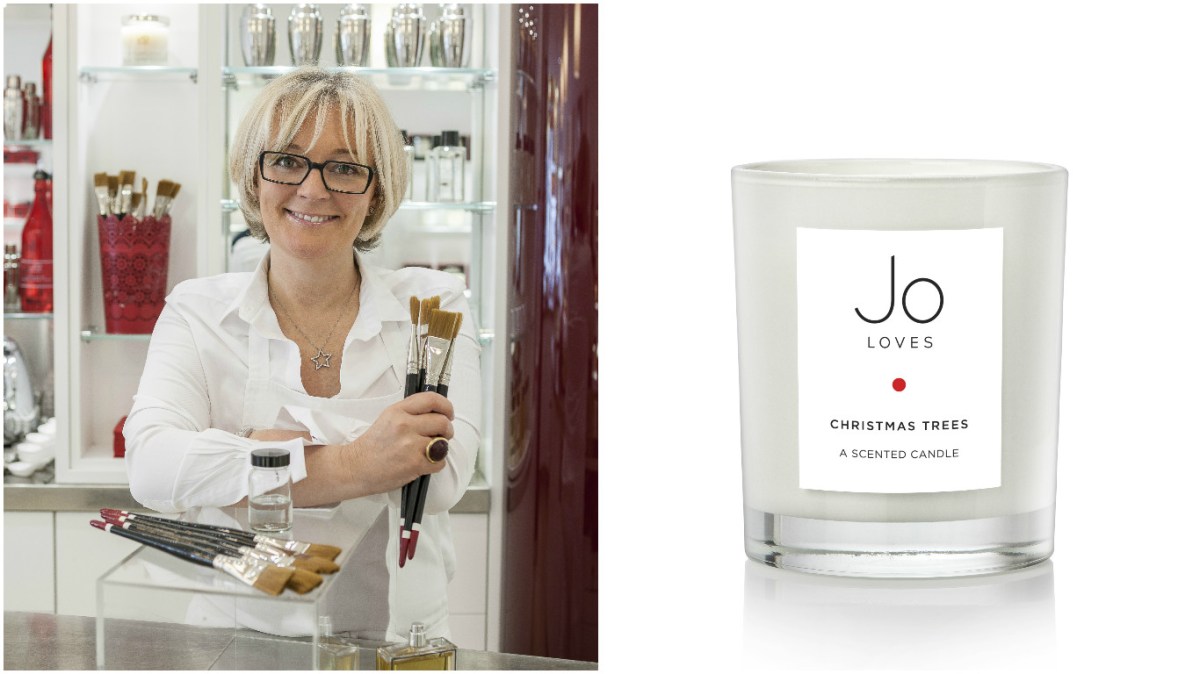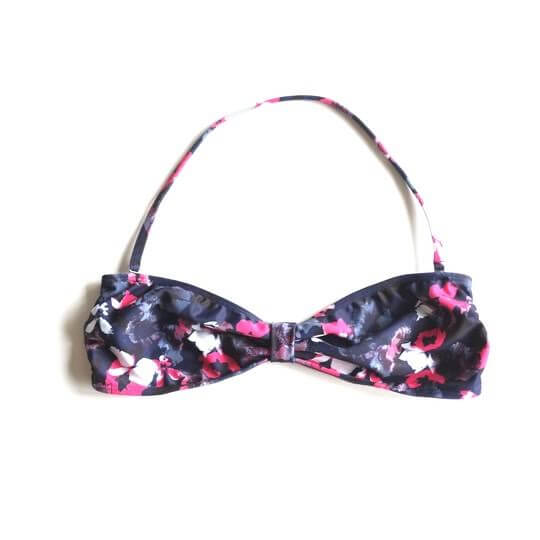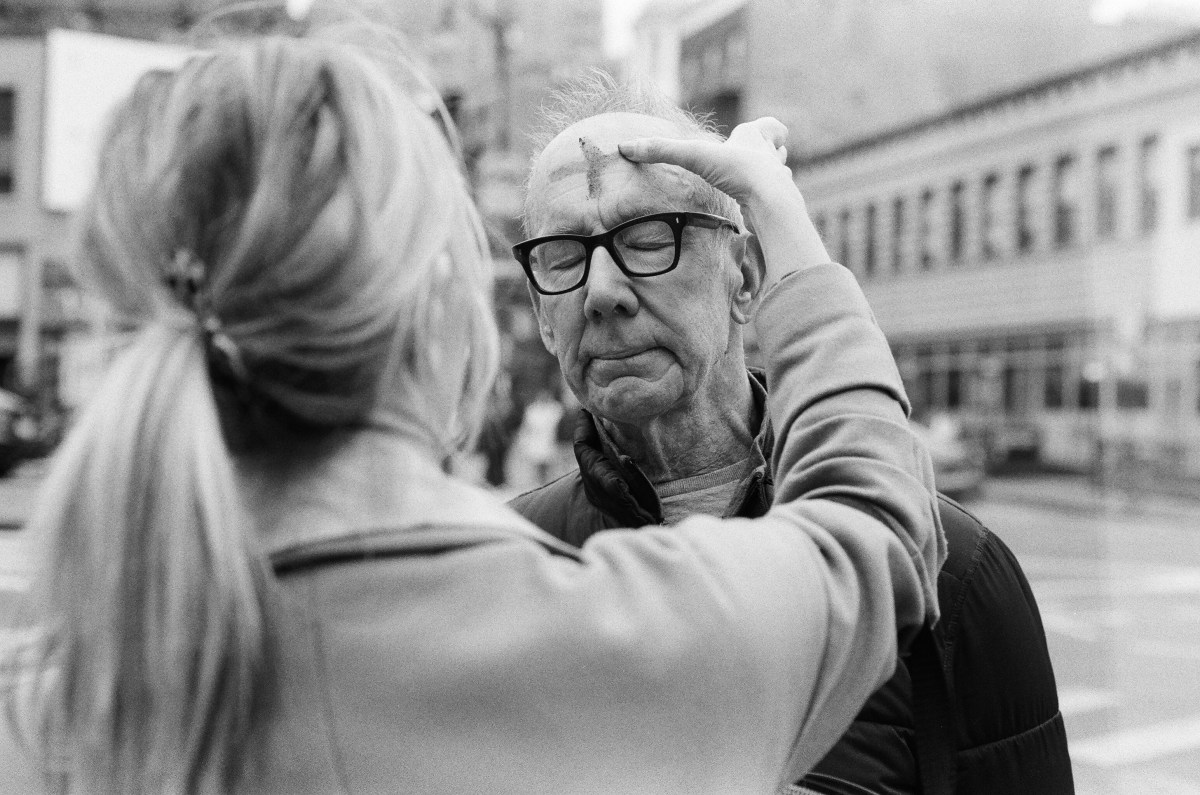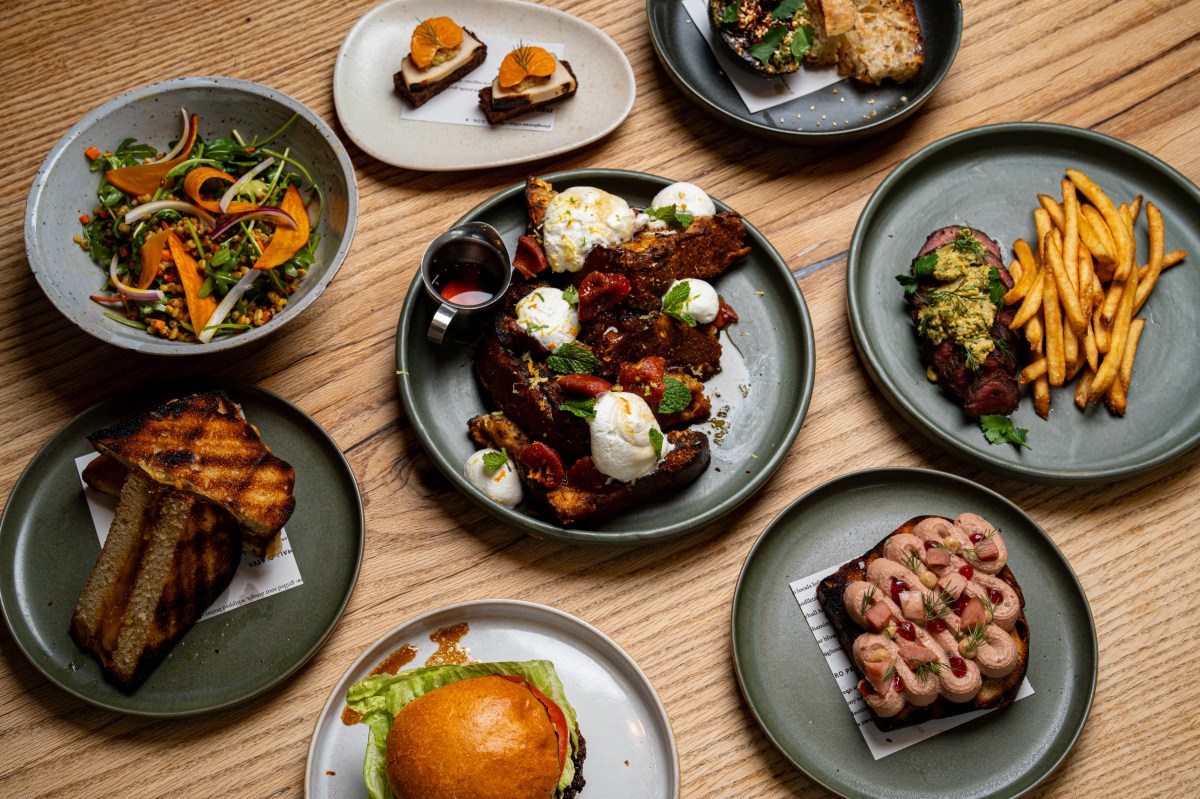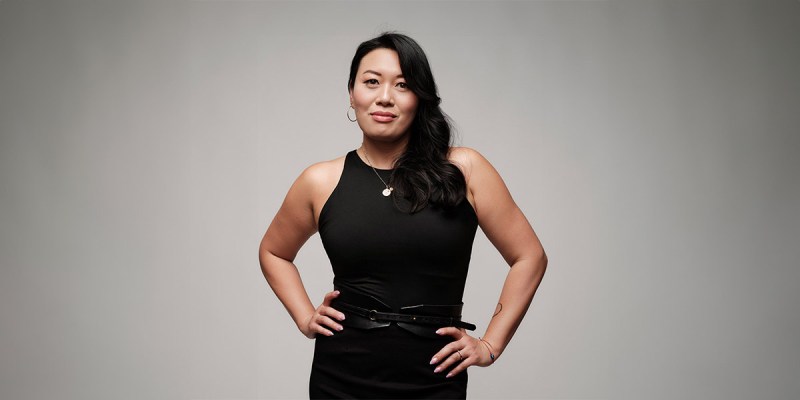Jo Malone is like a phoenix reborn. Following time away from being a decades-long fixture of the fragrance industry, the scent savant has now launched Jo Loves, a new line of luxury candles and body products in clean, fresh and bright elixirs inspired by her travels and memories.
Malone also pens a weekly Monday column (aptly named Ask Jo Malone) for the U.K.’s Evening Standard, where she and her experts and colleagues hand out business advice to budding (and experienced) entrepreneurs. Naturally, when we got Malone to chat for a few minutes, we couldn’t help but ask her for some advice of our own.
At what point do you think a hobby goes from being a side project to a career?
Some jobs are hobbies, and some are careers and businesses. You need to figure out which one yours is. I think there’s nothing wrong with a hobby. I built a business from a kitchen sink with four plastic jugs and turned it into a global brand. The minute it becomes your main source of income with expenses and overhead, you need to start thinking of it as something other than a hobby. As a hobby, it can be Monday, Wednesday and Friday — but a business is all the time.
What do you think is the value of having a brand that uses your own name and identity? Are there any drawbacks?
It’s an asset and a liability at the same time. I think there are huge aspects of your personality are involved [when a brand is named after you], and for a brand, it’s important to have that integrity and authenticity. It’s reliability people can identify with.
Going into Jo Loves and this cluttered fragrance industry, how did you want to set yourself apart? What makes Jo Loves unique and different?
I didn’t set out to be different. I wanted to stay true to myself and the artist that I am. I see life differently, so my creativity becomes reality in a different way. I’m much more courageous. With age, you change and evolve, and I think Jo Loves was something that reflects Jo, the person today, not who I was 20 years ago.
What’s your creative process usually like?
I create every single day, it’s part of my everyday life. I’ll look at something and the elements around me — like Pomelo was a walk on a Turks and Caicos beach, the white sand and the glasses of fizzy water and sting rays following me in the water. I create [fragrance] notes the way you would with music. I don’t have an office or a desk. I sit wherever creativity is.
How do you keep all of these ideas organized?
I memorize, and I have a notebook. I put everything in my notebook — thick pen if it’s urgent, thin pen if it’s carrying into the next day. A lot of my memories are locked in my head. I look at it like a library with lots of bottles I can pull memories and notes from.

